
The authors share evidence-based guidance for patient safety that minimizes suicide risk in medical settings.

The authors share evidence-based guidance for patient safety that minimizes suicide risk in medical settings.
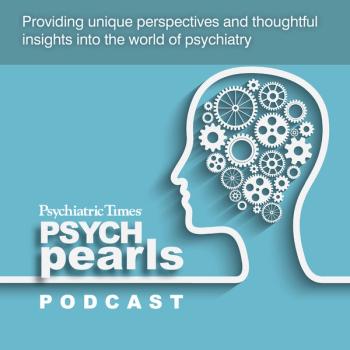
Child psychiatrists offer their real-world experience of what they have seen in practice, together with tips and suggestions for clinicians who may be seeing similar symptoms in their young patients.

A 4-step plan to tackle the worries of the day.
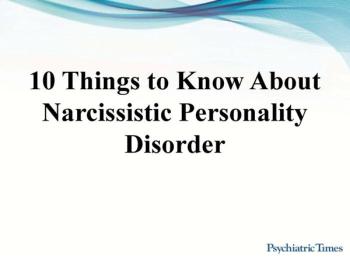
Lack of empathy is a commonly known feature of narcissistic personality disorder. Relationships are typically shallow and difficult to maintain. What are some other features of NPD? More in this case presentation.

For children who feel left alone in the world after profound loss, there are ways to mitigate the harm.

A paradigm shift is needed in order to solve the unprecedented complexities and challenges associated with the current global mental health crisis.
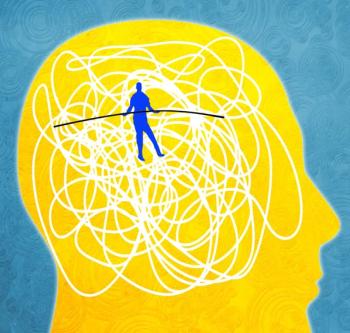
More than ever, psychiatrists are encountering patients who may have never experienced mental health issues.

Patients often have questions concerning integrative therapeutic modalities, and it is important to know the existing evidence as well as limitations of current research.
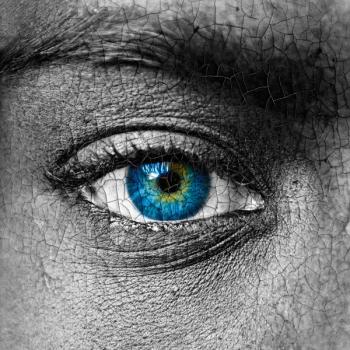
A simple exercise and tools to "find your Zen."
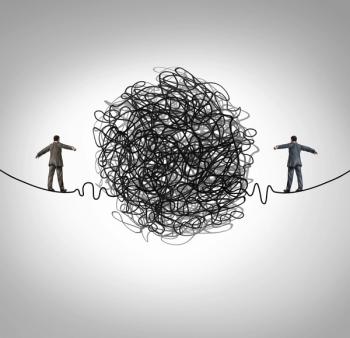
During these challenging times, physicians have to be proactive in helping ourselves. And that starts now.
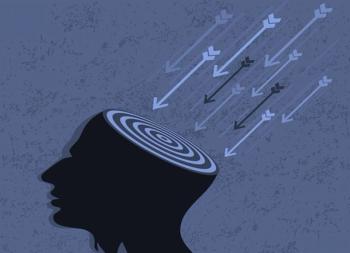
Sometimes, the book is better than the movie; sometimes vice versa. But there is a lot we don't know as to why in-person therapy works for some and why digital works for others. In this video, experts discuss the evidence.

Suicide risk screening is especially challenging. Although data are not yet available to ascertain how COVID-19 will affect the suicide rate, the 3-tiered clinical pathway has been revised to accommodate mostly telehealth screening.

Consumption of cannabis during pregnancy results in a host of problems, including cannabinoid placental crossing and accumulation in the fetal brain as well as other organs.

What medical condition is most frequently reported with comorbid mood and anxiety disorders? Take the quiz and learn more.
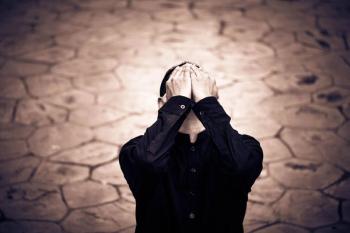
Psychiatric Times asked integrative psychiatrist James Lake, MD, for insights and advice for patients to reduce stress and take care of their mental health on a day to day basis.
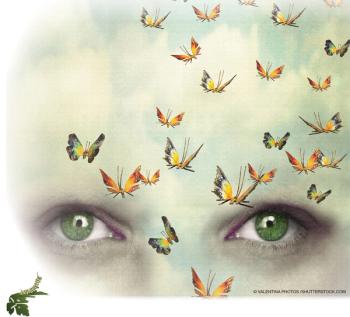
Dr Cynthia Geppert invites listeners to have the courage to use their imagination to rebuild a better and kinder world

Researchers found a significant drop in life expectancy from depression, alcohol dependence, suicidality, increased divorce rates, and childhood trauma that are a direct result of social distancing.

How can telepsychiatry improve quality and access to care as well as reduce physician burnout? Telepsychiatry pioneers joined Chris Aiken, MD to discuss tips and tricks in making it work for you.

Can you imagine telling a breast cancer survivor, “All cancers matter?” Dr Frank Clark discusses what led up to writing the words in his poem, Non-Applicable #Hashtag.

Mindfulness is an effective tool to reduce stress and bring us to the present moment.

Even though firearms are only used in 5% to 6% of attempts, they are responsible for half of all suicide deaths and are by far the most common method of suicide. In turn, suicide is by far the most common manner of gun death in the US, far outpacing homicides and accidents. Paul Nestadt, MD, a psychiatrist and epidemiologist at the Johns Hopkins School of Medicine, discusses suicide.
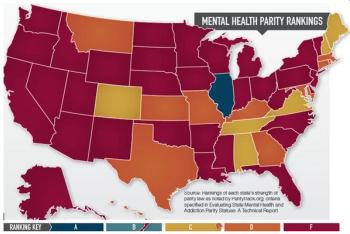
A breakdown of how we are living up to the ideals and standards proposed by the 2008 Mental Health Parity and Addiction Equity Act, including the pandemic's impact on parity.
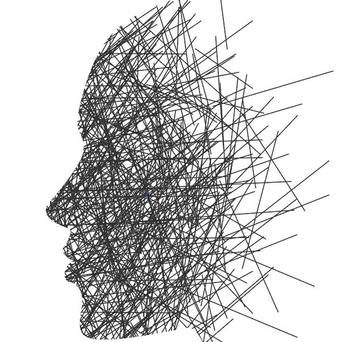
Although it may seem a bit of a luxury to begin an examination of countertransference at a time when life itself hangs in the balance, clinicians may be working with patients whose political views make it very difficult to address their emotional needs.

In the midst of this current head-spinning, mentally straining, emotionally draining, perplexing pandemic that is leaving many with a jaded, burned-out weariness, mental health and allied professionals can alleviate considerable pain.
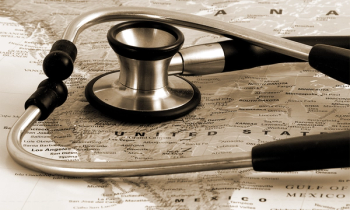
A physician who is also long-term patient living with depression discusses a pervasive problem in the house of medicine.